Hotel Bridge Inn Hotel Hamburg
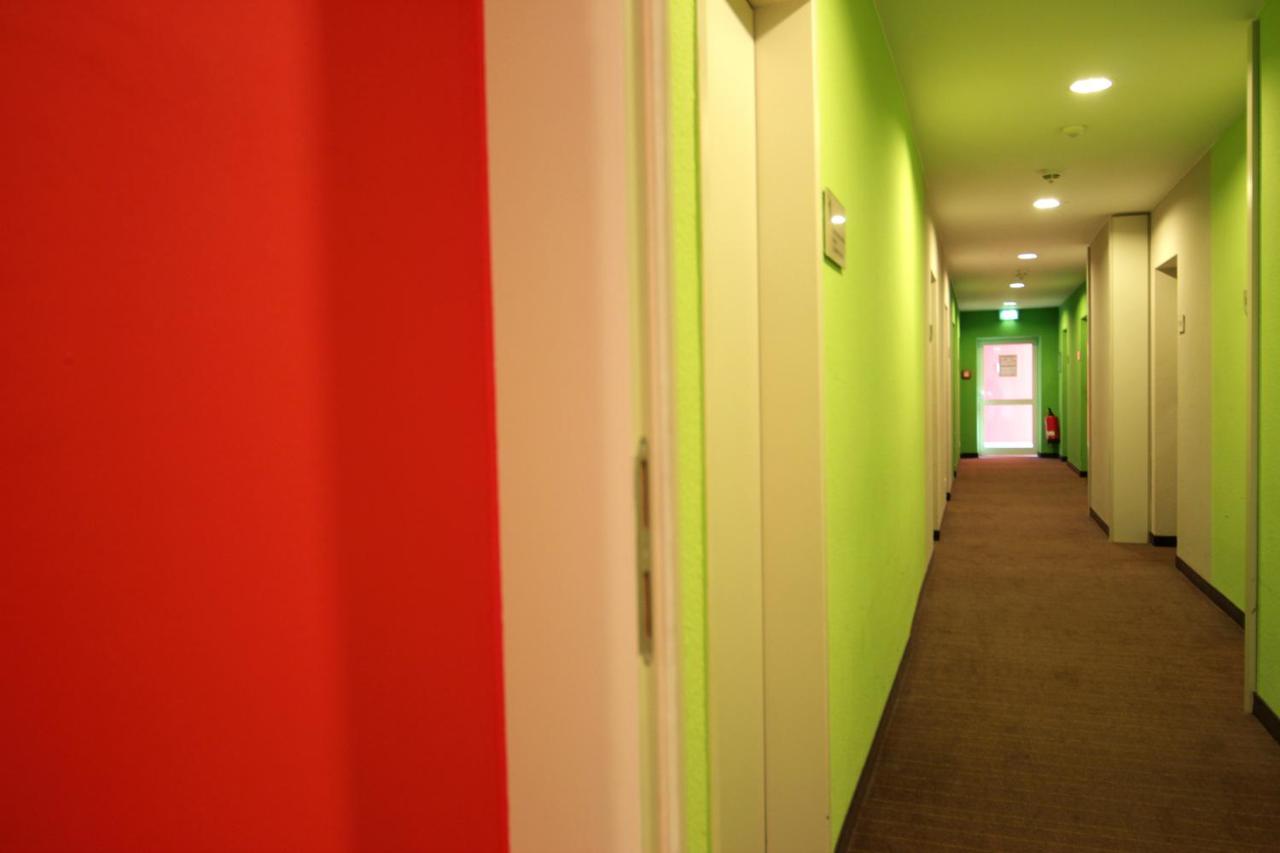
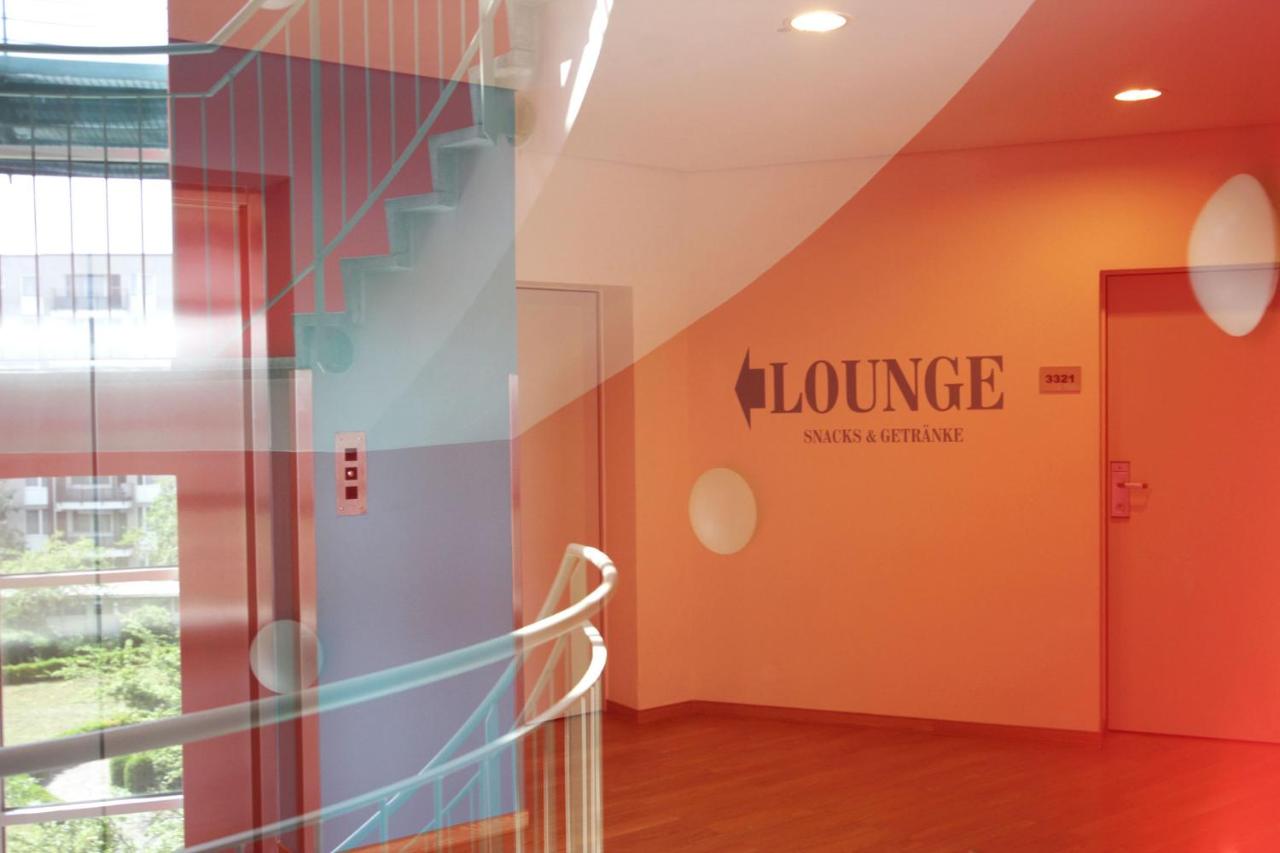
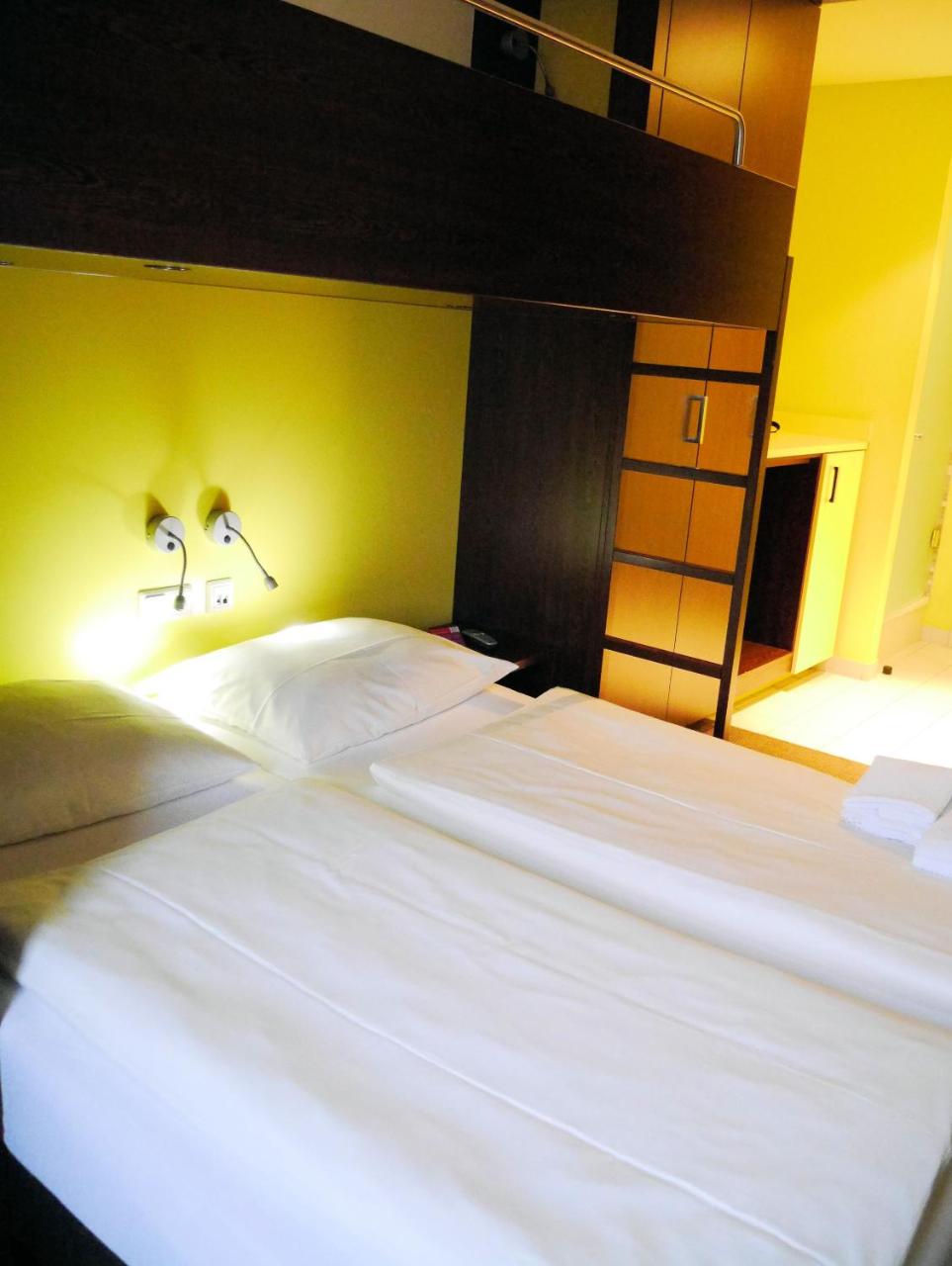
Offering free WiFi, the Bridge Inn Hotel Hamburg Hotel is located next to Hamburg’s Billhafen Harbour. All of the hotel's modern rooms include a flat-screen TV. Rooms at the Bridge Inn Hotel Hamburg feature bright décor. The open-plan bathrooms are integrated into the room design. Guests enjoy international TV channels. The Bridge Inn Hotel Hamburg is a 2-minute walk from Billhorner Mühlenweg bus stop and a 10-minute drive from Hamburg Central Train Station. Rothenburgsort Train Station is a 15-minute walk away.
Book a room
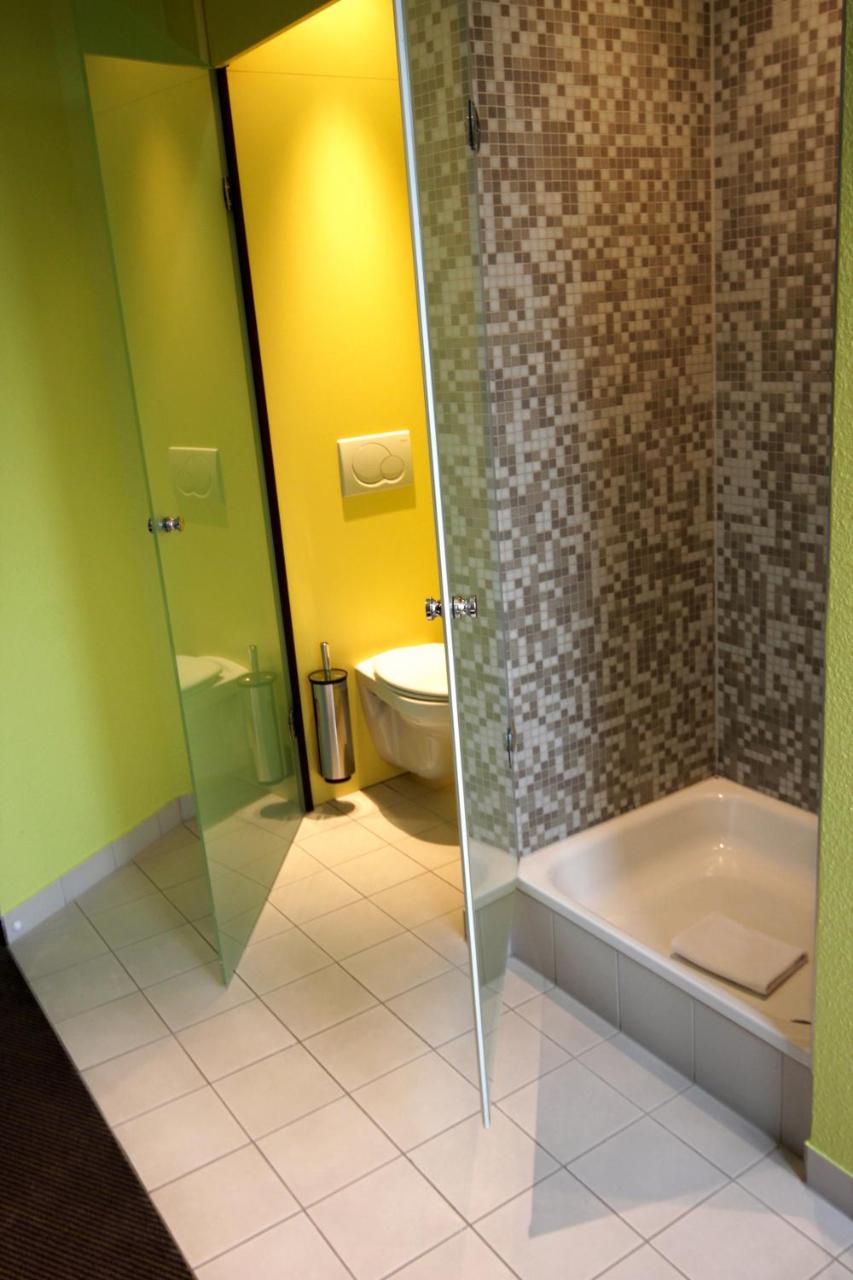
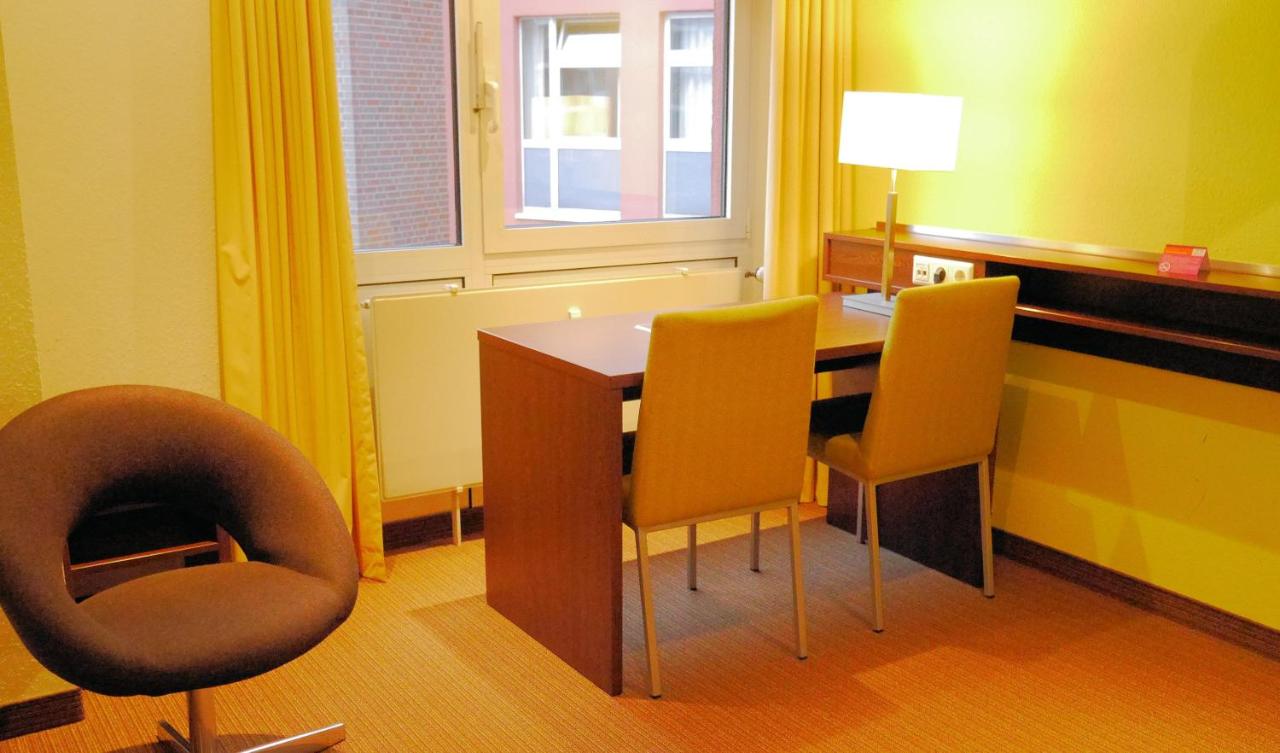
What to see in Hamburg
Hamburg (in German, hamburg pronounced/ˈhambʊʁk/(listening); in a German bass, Hamborg, locally: [ˈhambɔːç]), officially free and haseatic city of Hamburg [n. (In German, Freie und Hensestadt Hamburg) is a German city-state [n. located in northern Germany. It has an extension of 755 km² and 1 857 727 inhabitants (November 2020). Hamburg heads a metropolitan area of about 5.3 million people who also occupy parts of the neighboring states of Low Saxony and Schleswig-Holstein, being the second most populated city in Germany, after Berlin, the third in Europe Central and the seventh of the European Union. The port of Hamburg is the second largest in Europe, only after the port of Rotterdam, and one of the twenty largest in the world. Hamburg is located 290 kilometers northwest of Berlin.
The full name of Hamburg, Free and Hanseat Ciudad of Hamburg (Freie und Hensestadt Hamburg), is due to its history as a member of the medieval Hanseatic League and as an imperial city free of the Holy Roman Empire Germanic, while by the fact of be a city-state and one of the sixteen federated states of Germany.
The first historical name of the city was, according to reports by Claudio Ptolomeo (c. 100 - c. 170), Treva. The origins of Hamburg date back to 808 d. C., in which Carlomagno ordered the Hammaburg castle to defend a baptistery of the Slavic peoples, from which the area was monitored north of the Elba River, where Burgo means Castillo. The term Hamma remains uncertain, although it can mean "forest, as well as the location of this castle.